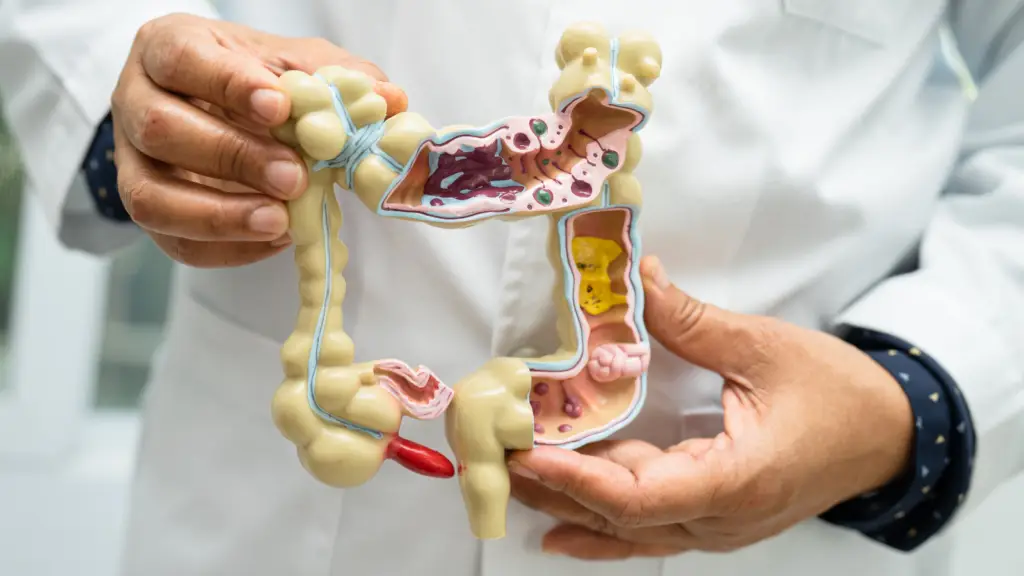In the realm of functional medicine, the integrity of the gastrointestinal system is often spotlighted as a cornerstone of health and vitality. Central to discussions on gut health is the concept of “leaky gut,” a condition that underscores numerous physiological processes, potentially affecting everything from our digestive function to our mental health. This article delves into the essentials of leaky gut, its signs and symptoms, and its broader implications, particularly concerning the gut-brain connection, inflammation, food sensitivities, and autoimmune responses.
What is Leaky Gut?
Leaky gut, scientifically referred to as increased intestinal permeability, is a condition where the lining of the small intestine becomes damaged, allowing undigested food particles, toxic waste products, and bacteria to “leak” through the intestines and into the bloodstream. This breach can cause an autoimmune response, leading to inflammatory and allergic reactions ranging from gastrointestinal symptoms to systemic conditions affecting various organs and tissues.
Signs and Symptoms of Leaky Gut

The manifestations of leaky gut can be insidious and diverse, often mimicking other disorders. Common symptoms include:
- Chronic Digestive Issues: Persistent gas, bloating, diarrhea, or irritable bowel syndrome (IBS) can indicate leaky gut.
- Nutritional Deficiencies: Compromised gut health can lead to poor absorption of vital nutrients.
- Fatigue: Chronic fatigue and low energy levels can be related to the systemic inflammation caused by leaky gut.
- Skin Conditions: Eczema, acne, and rosacea have been linked to gut health issues.
- Autoimmune Diseases: Conditions such as rheumatoid arthritis, lupus, and celiac disease have been associated with increased intestinal permeability.
- Food Sensitivities: A leaky gut can contribute to the development of new food sensitivities due to the body’s immune response to undigested food particles entering the bloodstream.
The Gut-Brain Connection
Research in the burgeoning field of psychobiotics has uncovered profound links between gut health and brain function. The gut and brain communicate via the vagus nerve and through the production and modulation of key neurotransmitters and hormones. Dysbiosis and inflammation in the gut can directly impact mood, cognition, and mental health, underscoring the importance of maintaining intestinal barrier integrity. Notable studies, such as those highlighted by the American Journal of Gastroenterology, illustrate how interventions aimed at restoring gut health can have positive effects on anxiety, depression, and even autism spectrum disorders.
Leaky Gut as a Catalyst for Inflammation and Autoimmune Disorders
Leaky gut doesn’t just lead to localized irritation in the digestive tract; it sets the stage for systemic inflammation. The presence of foreign particles in the bloodstream triggers the immune system’s inflammatory response, a protective mechanism that can become chronic. Prolonged inflammation is a known risk factor for numerous autoimmune diseases. Research, including insights published in the Journal of Autoimmunity, has begun to elucidate the connection between gut permeability and autoimmune conditions, suggesting that healing the gut barrier may be a critical component in managing and preventing such diseases.
Addressing Leaky Gut

Functional medicine approaches leaky gut through dietary interventions, lifestyle changes, and targeted supplements. Strategies include:
- Diet: Adopting a gut-friendly diet that eliminates inflammatory foods, such as gluten and processed foods, while incorporating fiber-rich, nutrient-dense foods.
- Support digestion: Slowing down to chew food well, and adding digestive enzymes can help with the absorption of vital nutrients
- Balance bacteria/fungal loads: Most food sensitivities, bloating and IBS symptoms can be improved with balancing bacteria and yeast levels in the GI tract
- Probiotics and Prebiotics: These support a healthy gut microbiome, crucial for maintaining the integrity of the gut barrier.
- Stress Management: Chronic stress can exacerbate leaky gut, making stress-reduction techniques vital for healing.
Conclusion
Leaky gut is a complex condition with far-reaching implications for overall health. By understanding its signs, symptoms, and the underlying mechanisms linking gut health to broader physiological processes, individuals can take proactive steps towards recovery. The functional medicine paradigm, with its holistic approach to health, provides a robust framework for addressing leaky gut, prioritizing dietary and lifestyle modifications alongside evidence-based interventions to restore gut integrity and functionality.
References:
Please note, specific studies from journals such as the American Journal of Gastroenterology and the Journal of Autoimmunity are mentioned as illustrative examples. For current research and specific studies, a direct search in these and related scientific publications is recommended.





